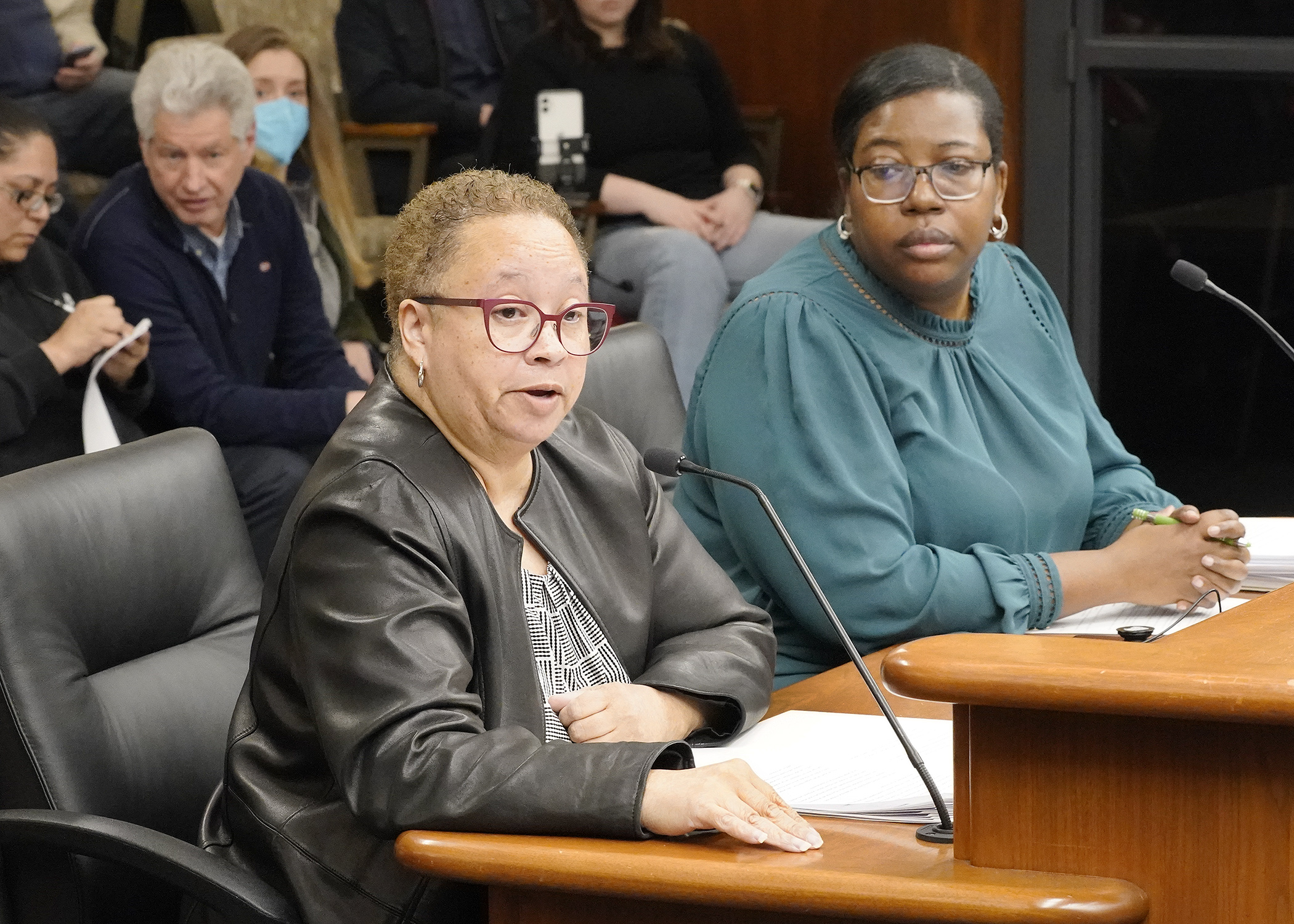Bill proposes $10 million to fund organization working to reduce racial economic gap

The toll that racism takes on our society is not just measured on a human scale, but on an economic one as well.
So says Rep. Ruth Richardson (DFL-Mendota Heights) who cites missed opportunities for economic growth when racism prevents deserving businesses and individuals from accessing capital and puts other opportunities for economic advancement out of reach.
She said research by the Citigroup investment banking company estimates more than $16 trillion was lost to the U.S. gross domestic product from 2000 to 2020 due to discrimination against African Americans in education and access to business loans.
“There is both a moral and economic imperative for this work,” Richardson said.
She sponsors HF1280, which would appropriate $10 million in fiscal year 2024 to the Center for Economic Inclusion to develop job creation strategies for underserved populations statewide. The bill would fund the center with $2 million annually beginning in fiscal year 2026.
The racial gap in economic achievement in this country has been “centuries in the making,” Richardson said, and cannot be adequately addressed with a one-time appropriation.
The House Economic Development Finance and Policy Committee amended the proposal Wednesday and laid it over for possible omnibus bill inclusion.
According to its website, the Center for Economic Inclusion is “committed to closing racial employment, income, and wealth gaps, and building racially inclusive and equitable regional economies.”
“To understand the challenges that Minnesotans of color face, we must grapple with some startling statistics,” said Chief of Staff Suzanne Kelly.
White entrepreneurs have access to 17 times more equity capital than Black entrepreneurs do, she said, and Black business owners are 2.4 times more likely to be denied financing than their white counterparts.
The center, Kelly said, would use the funds to invest directly in minority-owned businesses statewide to build wealth and create family sustaining jobs through forgivable loans, revenue-based financing, and equity investments for entrepreneurs facing racial barriers for growth.
A report on fund usage would be due to the Legislature by January 2026.
Related Articles
Search Session Daily
Advanced Search OptionsPriority Dailies
Speaker Emerita Melissa Hortman, husband killed in attack
By HPIS Staff House Speaker Emerita Melissa Hortman (DFL-Brooklyn Park) and her husband, Mark, were fatally shot in their home early Saturday morning.
Gov. Tim Walz announced the news dur...
House Speaker Emerita Melissa Hortman (DFL-Brooklyn Park) and her husband, Mark, were fatally shot in their home early Saturday morning.
Gov. Tim Walz announced the news dur...
Lawmakers deliver budget bills to governor's desk in one-day special session
By Mike Cook About that talk of needing all 21 hours left in a legislative day to complete a special session?
House members were more than up to the challenge Monday. Beginning at 10 a.m...
About that talk of needing all 21 hours left in a legislative day to complete a special session?
House members were more than up to the challenge Monday. Beginning at 10 a.m...